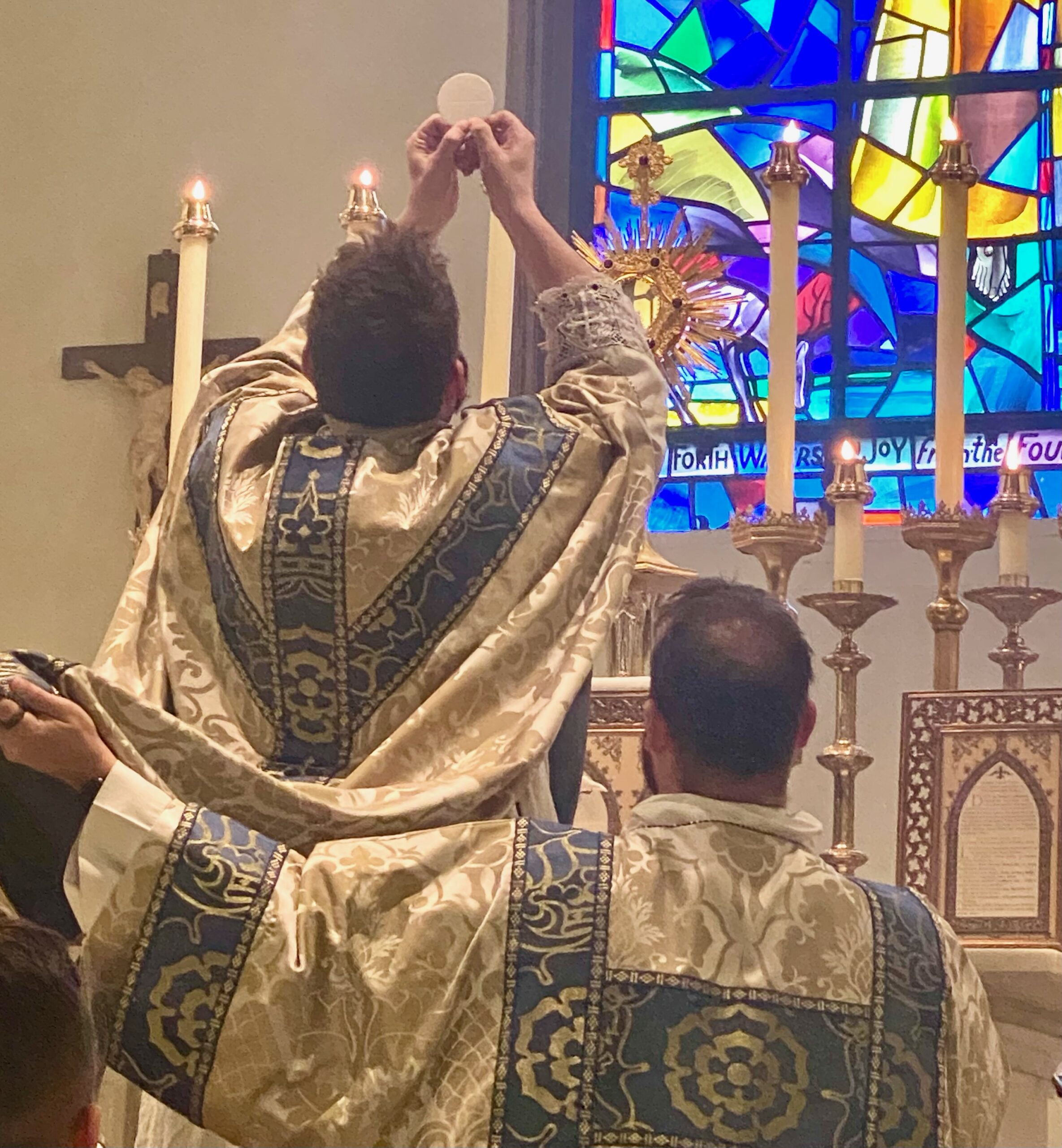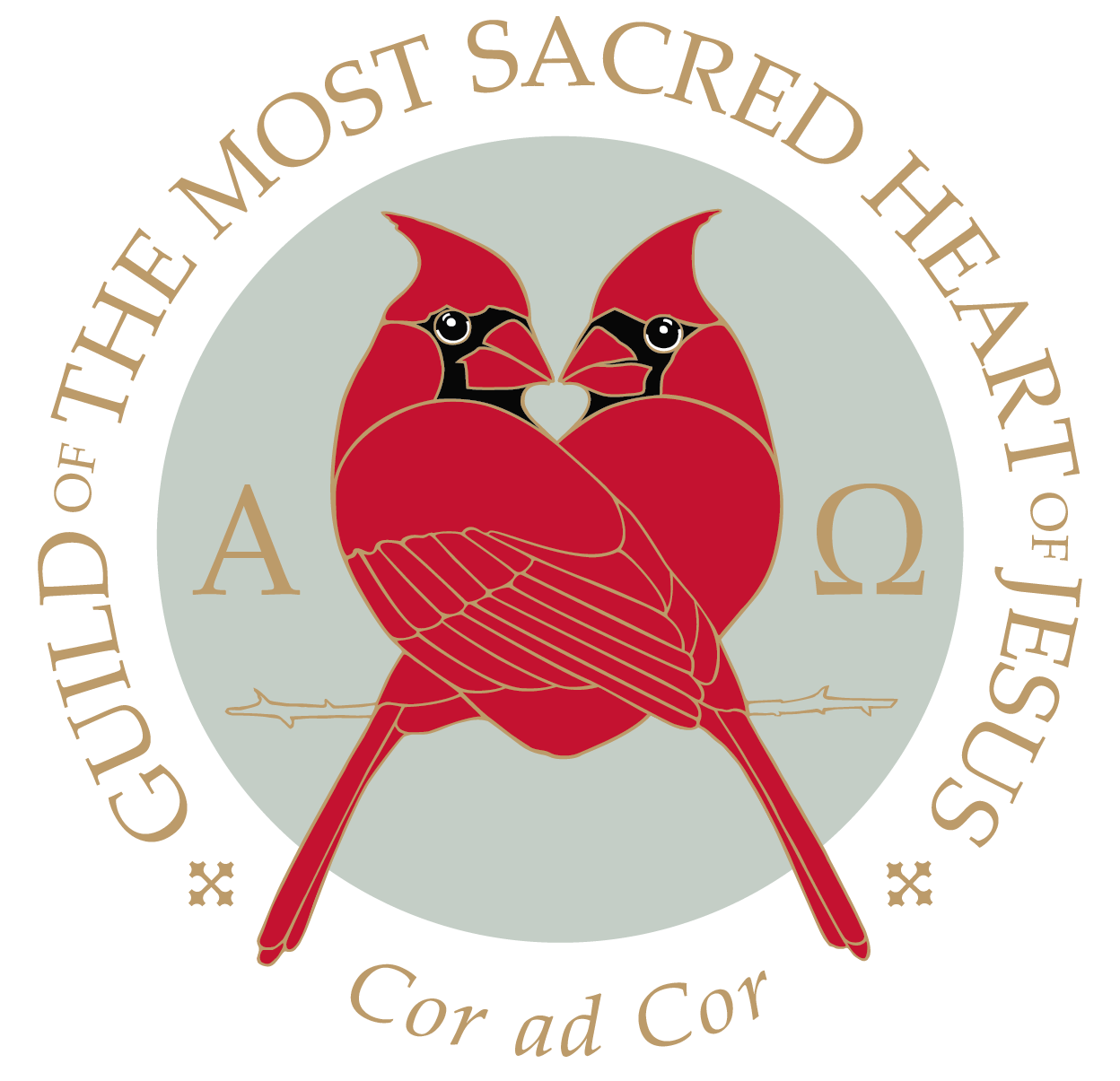
|
Vatican II tells us that the Sacred Liturgy is the source and summit of the Christian life (SC 10). It’s a beautiful turn of phrase in English – and easy to say. But what do we really mean to describe such activity as source and summit?
Liturgy as Source
It is through the Liturgy that we are made Christians. No-one is “born Catholic” (or “born Christian”) we all become Catholic Christians through the rites and prayers of Holy Church. Once we have been incorporated into Christ by Holy Baptism, the other six Sacraments foster and nourish our Christian discipleship. But they all happen in the context of the Liturgy. Indeed, there are no non-liturgical Sacraments. Have you ever thought about that?
So, since the Sacraments are essential to the Christian life it follows that the Liturgy can be described as the source of the Christian life. We have to engage in liturgical action in order to receive the Sacraments; that is true whether they are celebrated formally with great precision, or even informally. Just as a spring is the source of running water, so too the Liturgy is the source of Sacramental grace.
Liturgy as Summit
All the power of Christ has passed into the Sacraments. As St. Leo the Great put it: “what was visible in our Savior has passed over into His mysteries” – here the connection is made very concrete: in the Liturgy what is received is Christ, by His power. Christ is our goal; He is the destination for which every human heart longs. Not simply to gaze upon Him, but to be part of Him; to “reign with Him” (2 Tim 2:12), literally to sit with Him on His throne (Rev. 3:21); therefore, whenever we participate in the Liturgy, we become Christ; the one who is our unique hope.
This is why our Liturgy must be otherwordly. It cannot be comfortable! It cannot be mundane! How can it truly present Christ if it feels like just some other kind of human activity? To reduce Liturgy to the everyday with simple tunes and simplified gestures risks forgetting the majesty of the One who gave it to us, and who we become by participating in it. It is, quite honestly, a matter of life and death. This does not mean we have to do everything the same, or that there is only one way of doing it right. There are many ways – and God delights in that. But every liturgical celebration must be sincere, transcendent and beautiful. There is no other way.
PRAY
